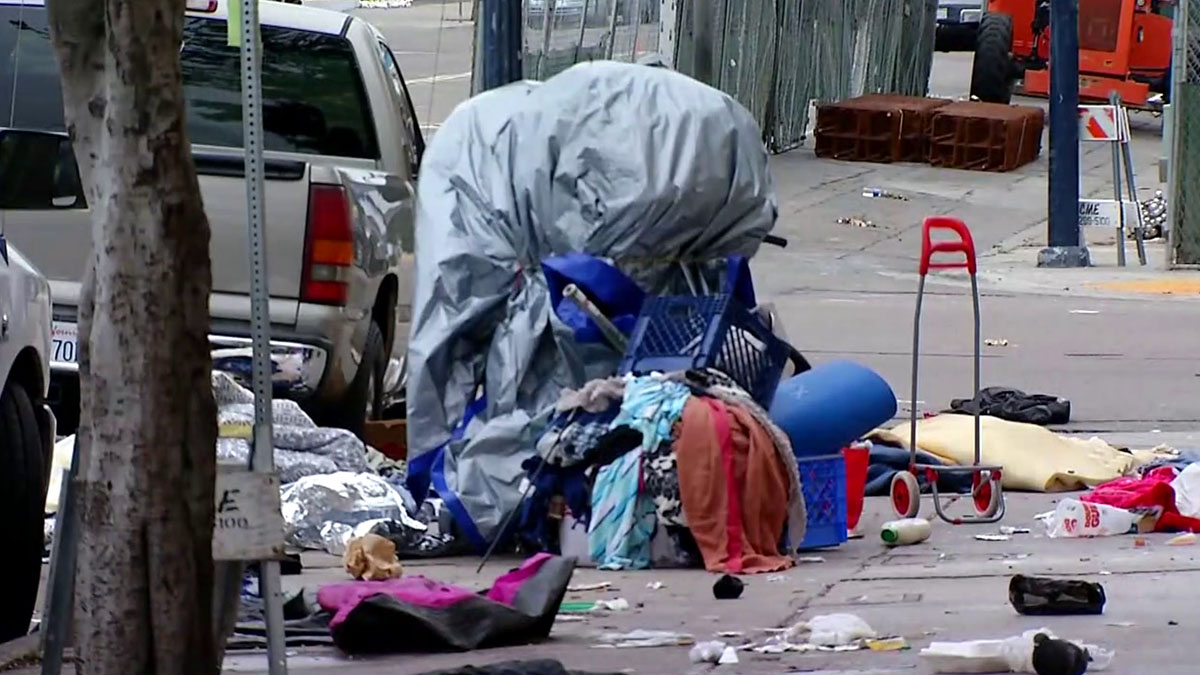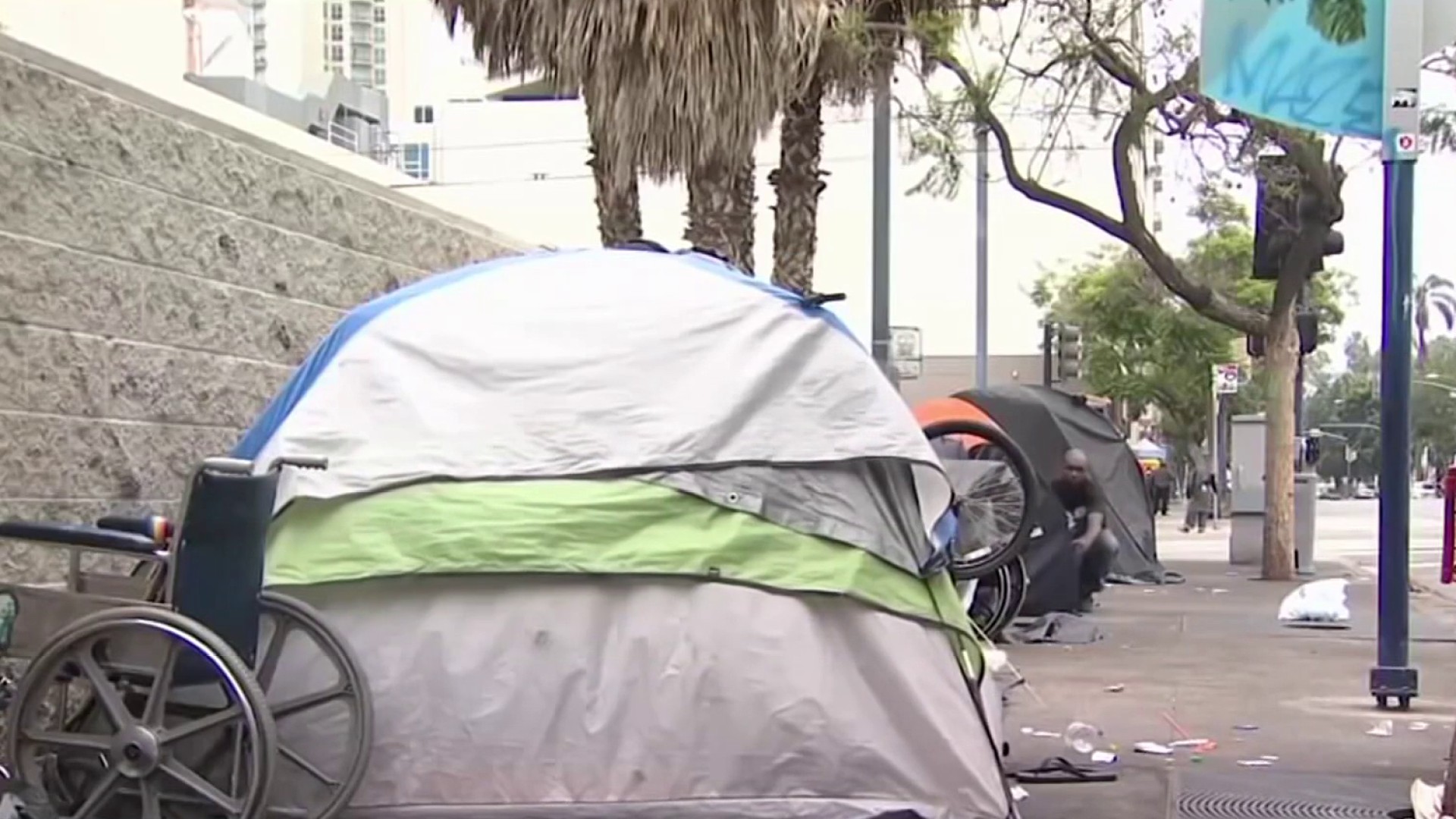A local leader, nonprofits and others are working on a project called the Homeless Diversion Initiative, which has been successful in the past could keep San Diegans from losing their homes.
San Diego County leaders said the money will help 800 people on the brink of homelessness get the support they need before it's too late.
San Diego's Homelessness Crisis
"We all know that tackling homelessness is not a one-size-fits-all approach," County Supervisor Terra Lawson-Remer said. "Every person's story is different, and every person's story requires their own intervention. Diversion is a proven practice where we try to intervene right before someone falls off the cliff into chronic homelessness and provides immediate, meaningful solutions to prevent them from ending up permanently on the streets."
Get top local stories in San Diego delivered to you every morning. Sign up for NBC San Diego's News Headlines newsletter.
Lawson-Remer said the diversion initiative has proven effective: Data from the San Diego Regional Task Force on Homelessness showed that, over the past four years, diversion programs have kept nearly 2,000 people in San Diego from becoming homeless. They also found that, on average, $1,500 in one-time flexible funding was enough to keep 85 percent of households stably housed.
"We can help six times more people through diversion than we can through the traditional approaches we've been following,” Lawson-Remer said.
The county, city and philanthropic organizations are investing a little over a million dollars to expand the diversion programs. The city will contribute $50,000, $675,000 will come from philanthropic organizations, and the county is hoping to approve $500,000 at their meeting Tuesday.
"The whole idea here is small amounts of money can make a massive difference in people's lives,” said Steve Cushman of the Cushman Foundation.
The goal is to give at-risk individuals financial support to pay expenses that otherwise would put them over the edge and save money in the long run.
"If we can invest, on average, $1,500 per person to help them avoid the streets, compared to the average of unsheltered homelessness, which can easily exceed $35,000 per person, this is no-brainer,” said Drew Moser of the Lucky Duck Foundation said.
The Regional Task Force on Homelessness will provide the county with monthly reports of tracked data and the results of the program.




